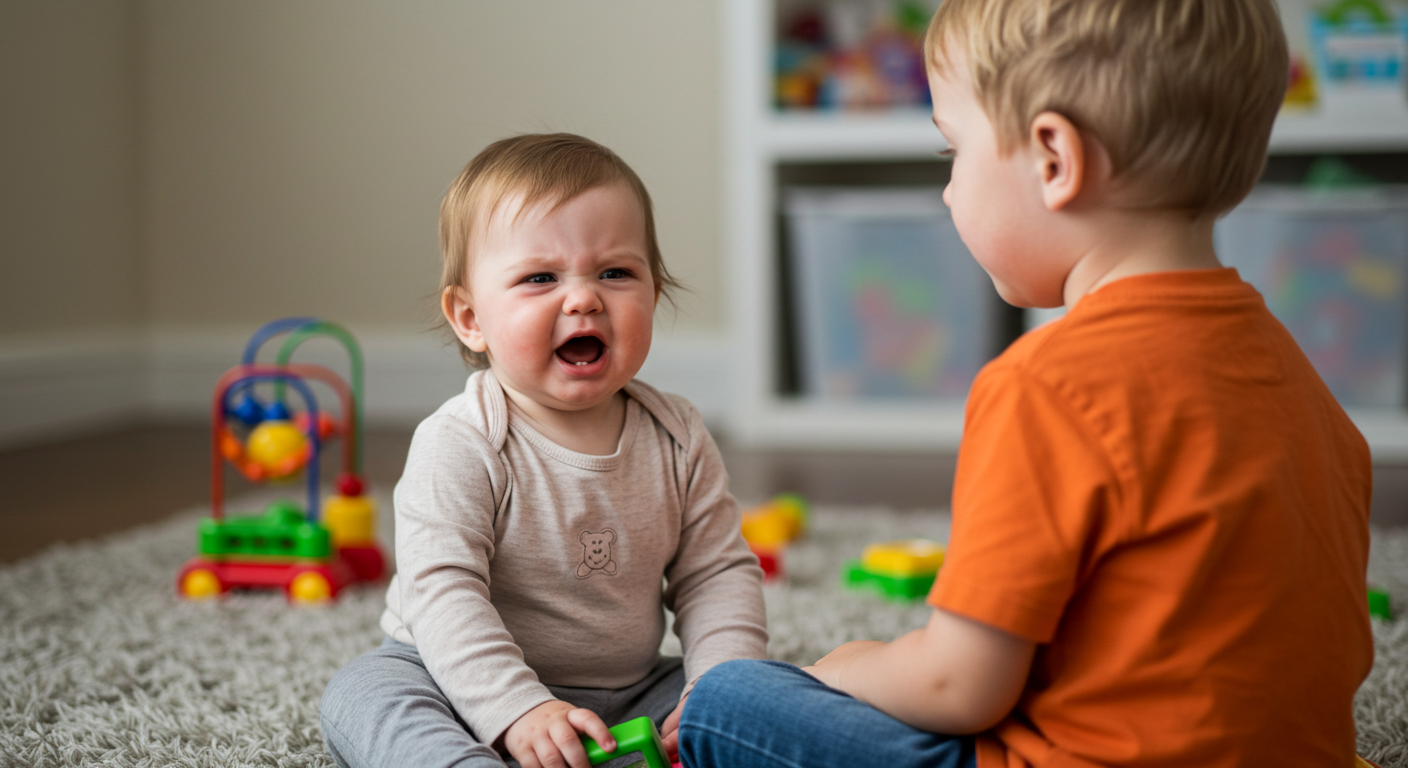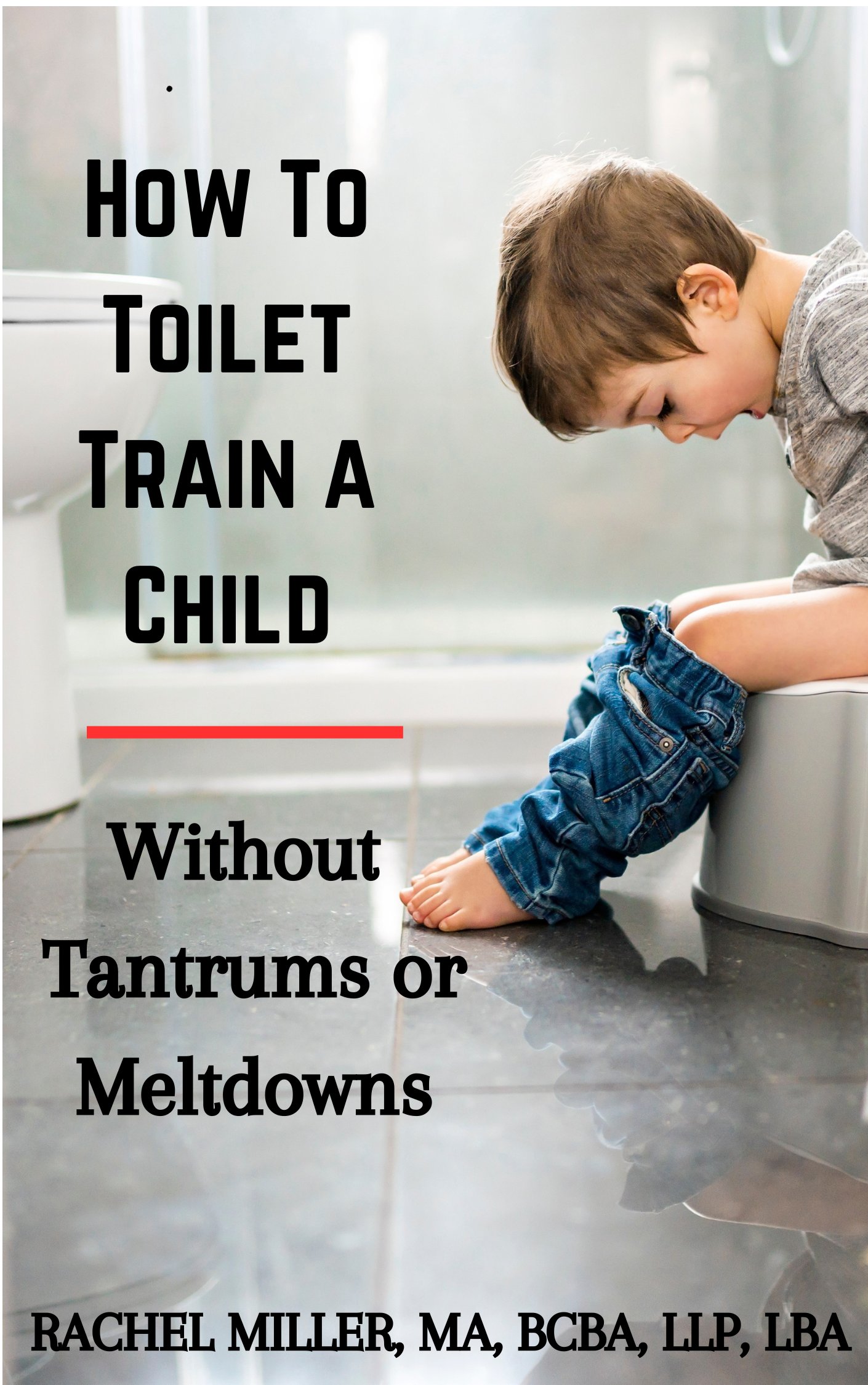Toddler Biting:
Why It Happens and How to Stop It Effectively

Is your toddler biting others out of frustration, curiosity, or for no clear reason at all? You’re not alone. This challenging child behavior is a common issue many parents face during the early childhood years. While it can be alarming and even embarrassing, especially in social settings or daycare, toddler biting is often a normal part of development. The key is learning how to manage and respond to this behavior calmly and consistently.
In this guide, we’ll explore why biting happens, how you can respond constructively, and what strategies will help reduce the behavior over time. Whether your child is going through the "terrible twos" or entering the emotionally charged “threenager” phase, you’ll find practical tips to support your toddler’s emotional and social development.
Why Does Toddler Biting Happen?
Understanding the root causes of toddler biting is crucial to responding appropriately. While every child is different, there are some common reasons why toddlers bite:
1. Communication Challenges
Toddlers have limited language skills and often struggle to express their needs, emotions, and frustrations. When they can’t find the words, they may resort to physical actions like biting. This can occur when they are angry, overwhelmed, or trying to get a toy or someone's attention.
2. Exploration
Young children explore the world through their senses. Just as infants put objects in their mouths, toddlers may bite as a way to understand their surroundings. Biting can be part of this sensory exploration, especially when new teeth are coming in or their gums are sore from teething.
3. Seeking Attention or Reactions
Some toddlers bite because they enjoy the reaction it provokes. Whether it’s laughter, yelling, or another child crying, the attention itself can be reinforcing—even if it’s negative attention. If a child smiles or laughs after biting, this could be a sign that they’re testing boundaries and enjoying the reaction they get.
4. Imitating Others
Toddlers are natural imitators. If they observe older children or siblings biting, especially without consequences, they may copy the behavior. This is especially common in group settings like daycare or preschool where modeling from peers can influence actions.
5. Frustration or Overstimulation
Sometimes toddlers bite simply because they are overwhelmed. Changes in routine, lack of sleep, hunger, or too much excitement can all lead to overstimulation, and biting becomes an outlet for those big, unmanaged emotions.
How to Respond to Toddler Biting Behavior
When your toddler bites, how you respond can either reinforce or reduce the behavior. Here are several strategies to manage biting calmly and effectively:
1. Stay Calm and Neutral
It’s natural to feel angry or embarrassed when your child bites, but reacting emotionally can actually make things worse. Toddlers often feed off strong reactions. Instead, take a deep breath and respond with a neutral facial expression. Say something empathetic but firm like, “That hurt. I’m sad you bit your friend.”
2. Remove Attention Briefly
One of the most effective techniques is to withdraw attention from the biter temporarily. If it occurs during play, gently but firmly remove the child from the activity without a dramatic display. Let them sit quietly for 1–2 minutes, ensuring they are calm and safe, then allow them to return to play. This helps them associate biting with a loss of attention and fun, rather than gaining control or power.
3. Teach Alternative Communication
Help your toddler express their needs with words. If they bite to get a toy, teach them to say “Toy, please,” or ask for help from an adult. Practice this regularly and model the behavior yourself. Reinforce attempts to use words instead of biting with praise like, “Great job asking for help!”
4. Use Clear, Consistent Language
Each time biting occurs, use a consistent response. Say in a calm tone, “No biting. Biting hurts.” Avoid long lectures, which young children may not fully understand. The simpler and more consistent your message, the faster your toddler will learn.
5. Praise Positive Behavior
Reinforce good behavior by praising your child when they play nicely or handle frustration without biting. Use specific praise like, “I love how you shared your toy!” or “You used your words instead of biting—great job!” This helps your toddler learn what behaviors are acceptable and appreciated.
What to Do When Biting Persists

If biting continues despite your efforts, try these additional steps:
- Track Patterns: Keep a behavior journal to identify triggers—certain times of day, people, or situations.
- Redirect Attention: Offer a teething toy or something appropriate to bite if the biting seems sensory or teething-related.
- Model Empathy: After a biting incident, show your toddler how to check on the victim. Encourage them to say sorry or offer a gentle hug, even if they don’t fully understand the concept yet.
- Seek Professional Support: If biting becomes aggressive or continues into the preschool years, consult a pediatrician, behavior specialist, or child psychologist to rule out any underlying issues.
Special Considerations for Children with Developmental Delays
Children with autism, Down syndrome, or other developmental delays may be more prone to biting due to sensory challenges or difficulty with communication. These children often benefit from:
- More repetition and routine
- Visual communication aids (like picture cards)
- Consistent reinforcement of positive behavior
- Additional focus on teaching appropriate social cues
It’s important to tailor your approach to meet your toddler's individual needs and consult with early intervention specialists if needed.
Final Thoughts: Helping Your Toddler Move Past the Biting Stage
Toddler biting can be one of the more frustrating phases of early parenting, but with consistent guidance, empathy, and the right tools, most children will grow out of it. The key is to stay calm, be consistent in your responses, and teach your toddler better ways to express their needs and emotions.
Remember, you are not a bad parent if your toddler bites—it’s a developmental hurdle that many families face. With patience and persistence, you can guide your toddler toward healthier interactions and help them thrive socially and emotionally.
For more strategies on managing toddler behavior, check out our page on Toddler Temper Tantrums for additional support.
If you haven't already, be sure to check out my ebooks, now on Amazon!

